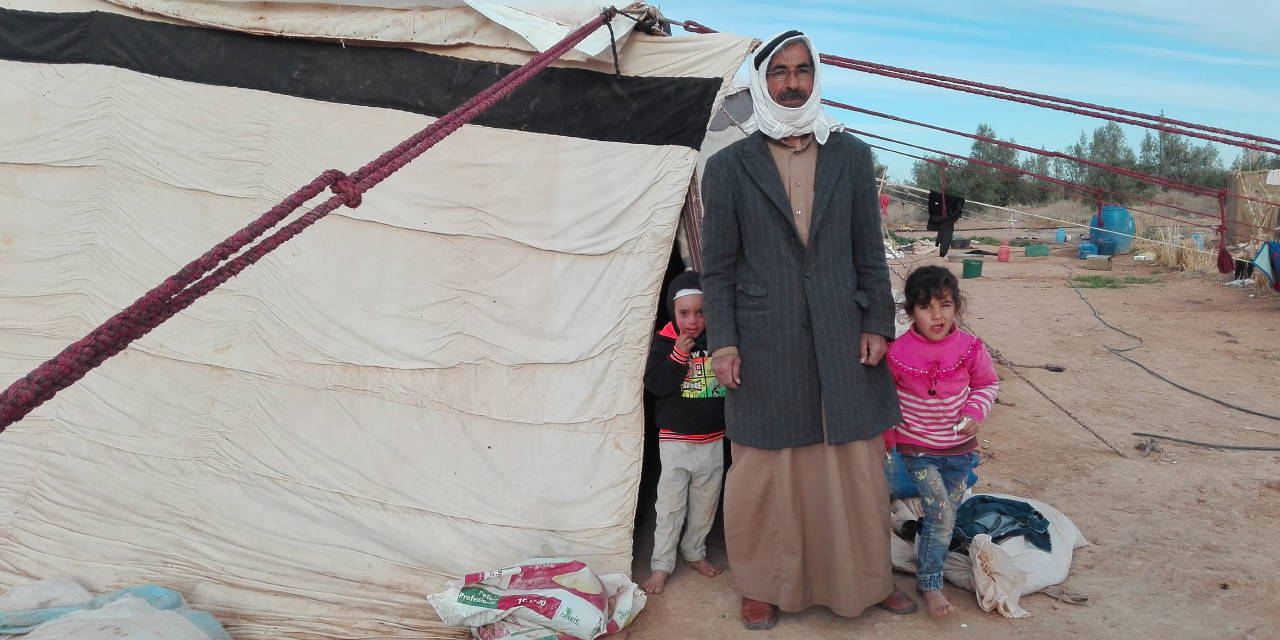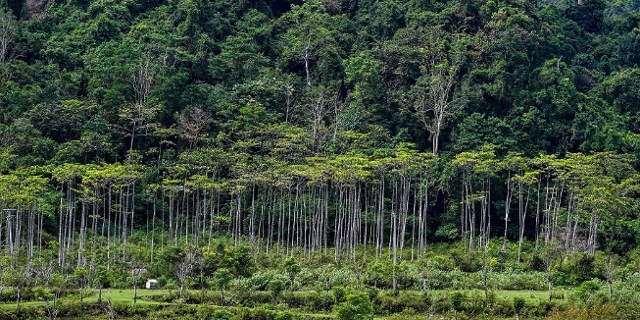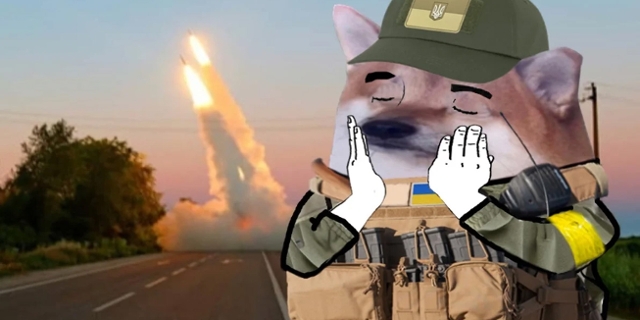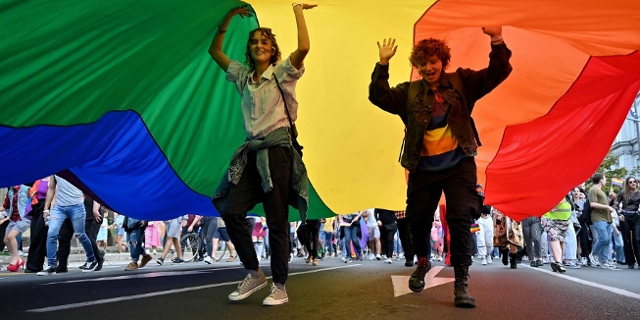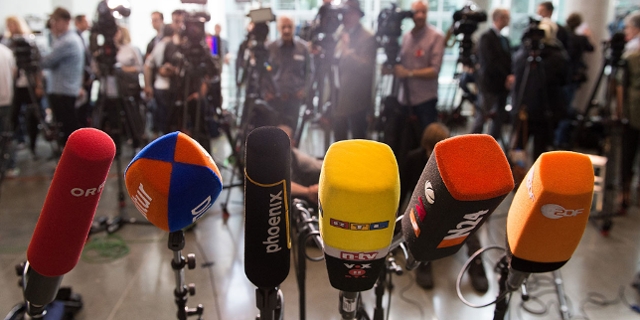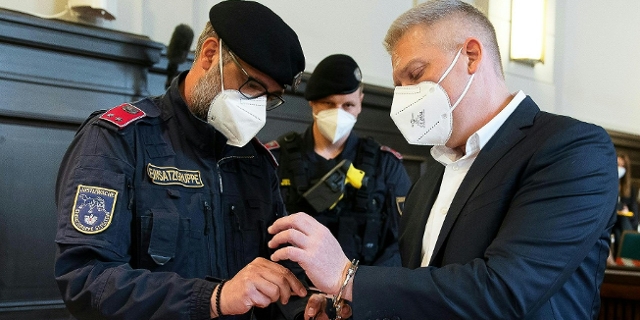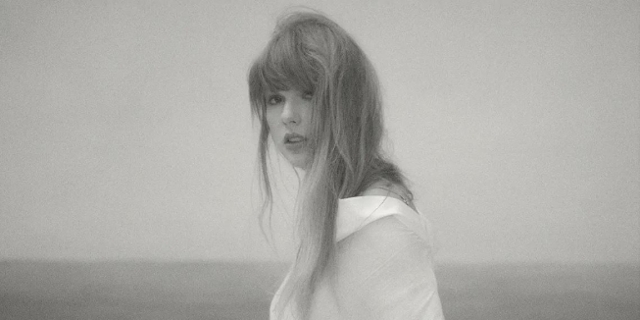Meeting Syrian refugees living in Jordan
I went on a trip to Jordan with the humanitarian organisation CARE to meet Syrian refugees in the town of Azraq to the east of the capital Amman, and in Zarqa, the second largest city with a population of about 500,000.
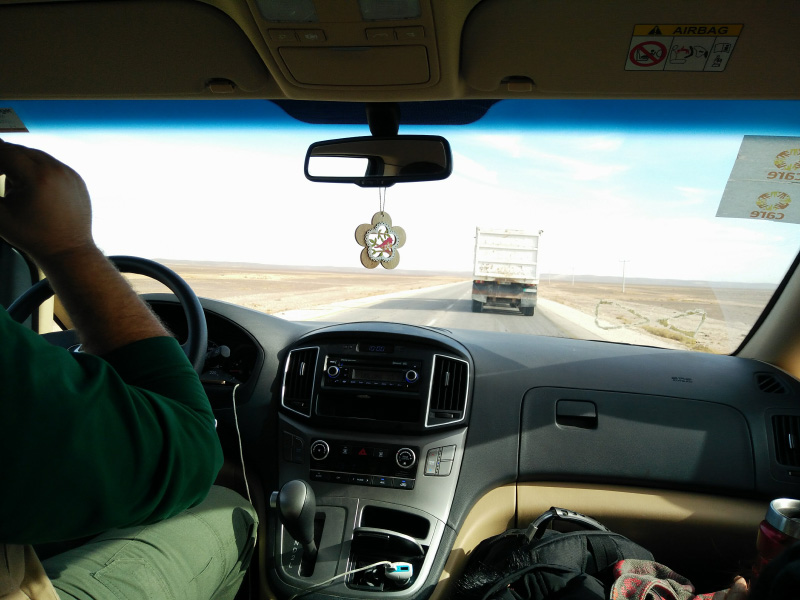
Joanna Bostock
We’re on the road to Azraq, a small town in a remote, arid part of Jordan, not far from the border with Syria to the north and Saudi Arabia to the east. It takes about an hour and half to get there from the capital Amman.
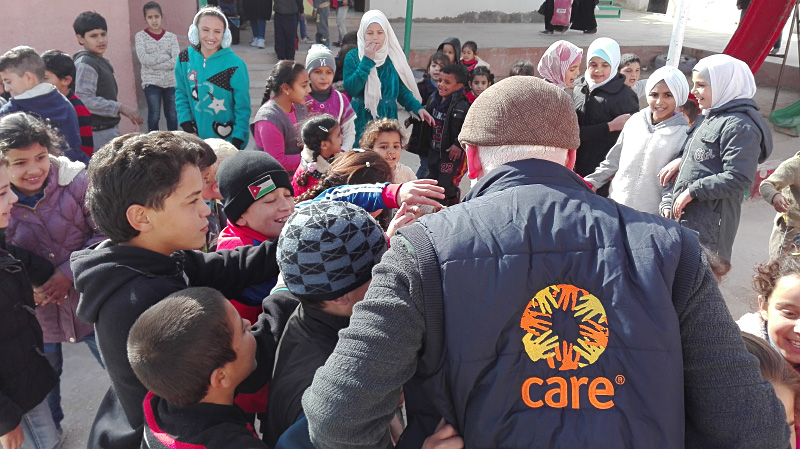
CARE
The CARE community centre in South Azraq is the main point of contact with refugees, whose situation and needs are assessed. It also offers classes to teach women skills like sewing, so they can run a small business, and organises informal education for the children and teenagers. The buildings are basic and the yard dusty, but that doesn’t stop the kids having fun.
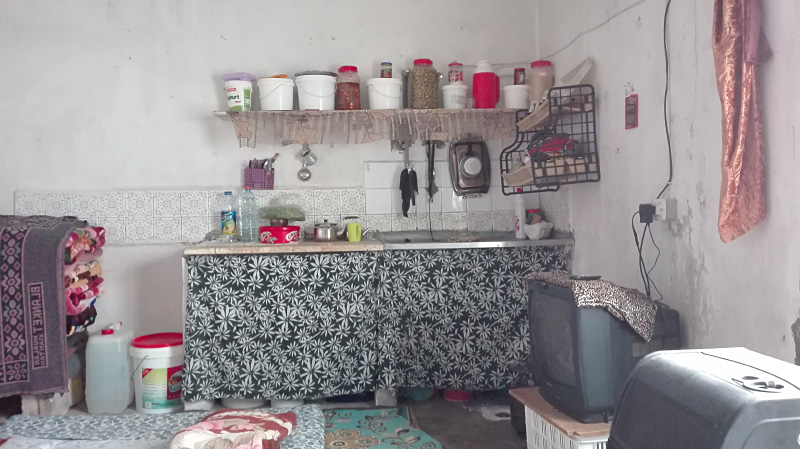
CARE
According to the UNCHR an estimated 93 percent of Syrians in Jordan are living below the poverty line. Sabha, a widow in her 60s, lives by herself in this single room. With the “winterisation” cash which families receive to buy what they need to get through the cold months, she paid her rent for two months, and bought a gas heater.
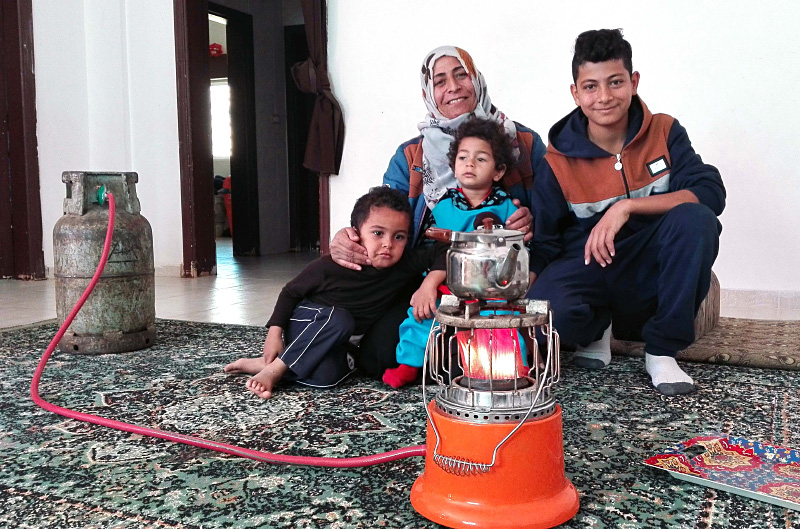
CARE
Halima is from Aleppo and has been living as a refugee in Jordan for five years. She lives in a modest apartment in South Azraq, has 8 children and is a “female head of household”. Her husband went back to Syria because his mother fell ill. Her son Asam, who is now 15, used to work in a supermarket because the family needed his income. Now Halima receives “conditional cash assistance” from CARE, which means Asam is back in school.
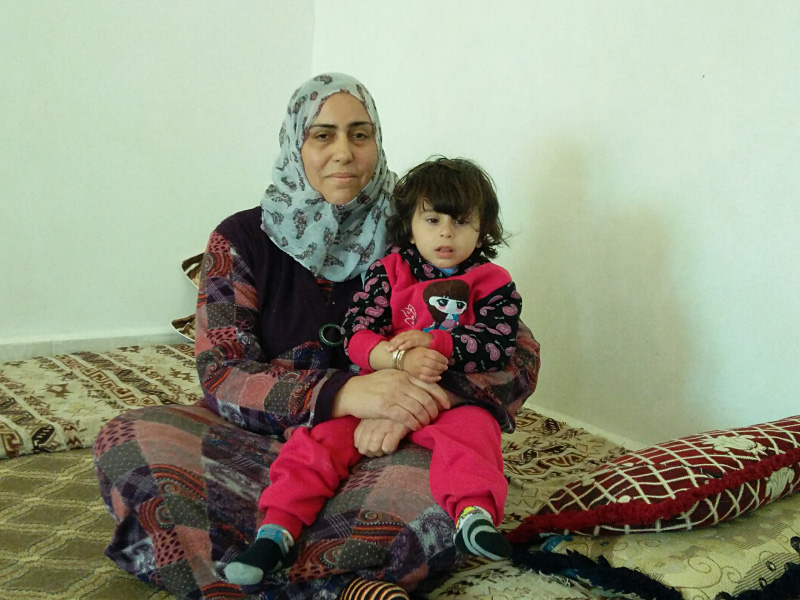
Joanna Bostock
Rida comes from a town not far from Damascus. Her teenage son Hamad also used to have to work in a supermarket. He worked long days stocking shelves, and because of the dust would often come home with a bleeding nose. Rida tells us she was ecstatic when CARE spotted Hamad in the market and approached her to offer cash assistance so her son could return to school.
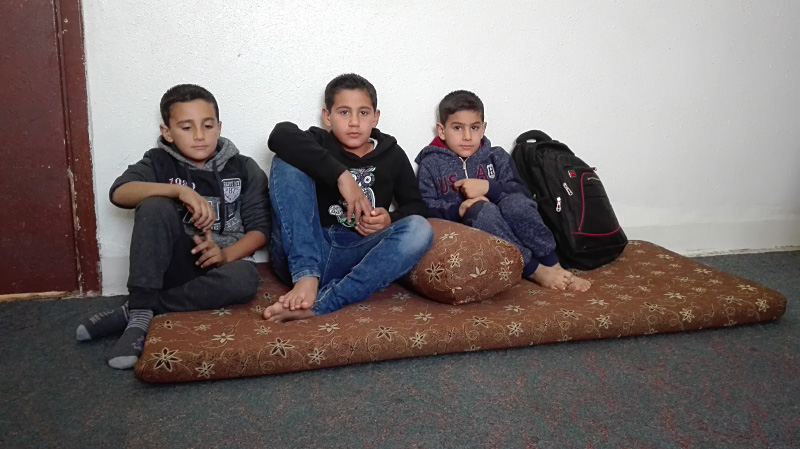
CARE
Eyza, Hamad and Mustafa live in the city of Zarqa with their mother and father, who is ill and cannot work. The family also receives conditional cash assistance for education and the boys attend school. But their 15 year old sister lives with her husband, who she married in Jordan. Marrying off daughters as a “coping mechanism” is a desperate response to extreme circumstances and is a growing problem.
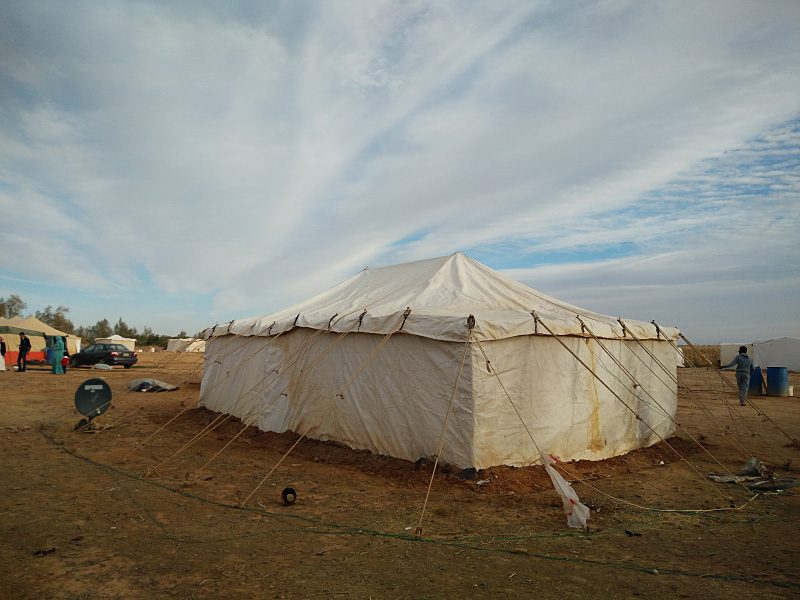
Joanna Bostock
Many families can’t afford rent for an apartment and live instead in informal tent settlements. 15,000 Syrians live in such ad hoc camps in rural areas around Jordan. They are often far away from towns and communities so the people living in them are the least likely to get aid.
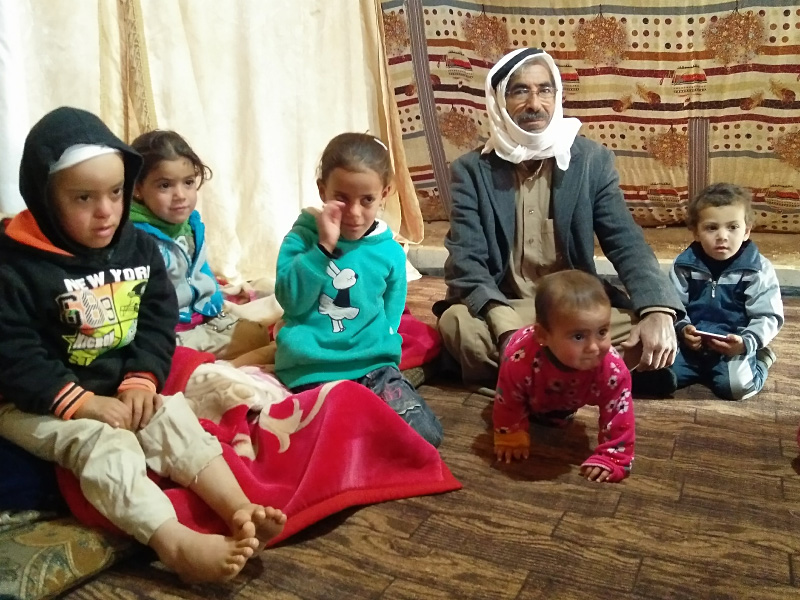
Joanna Bostock
Abd el Hamid, from the town of Hama, came to Jordan in December 2012 with his family. He and his wife share this tent, which the refugees built themselves, with his adult children and their families. The olive farmer who owns the land lets them stay there free of charge and provides water and electriticy. It’s a 45 minute drive from the town of Azraq so food shopping involves the added cost of transport in a rented car, and sending the children to school just isn’t a viable option.
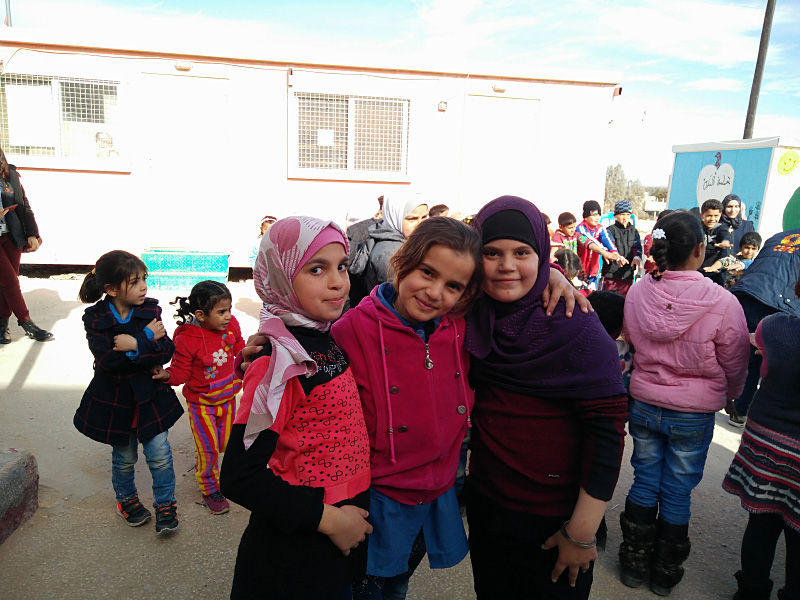
Joanna Bostock
In spite of the hardship, the children I meet are lively and curious, enjoy playing games in the yard, and keen to show off to the foreign visitors.
Publiziert am 22.12.2017







